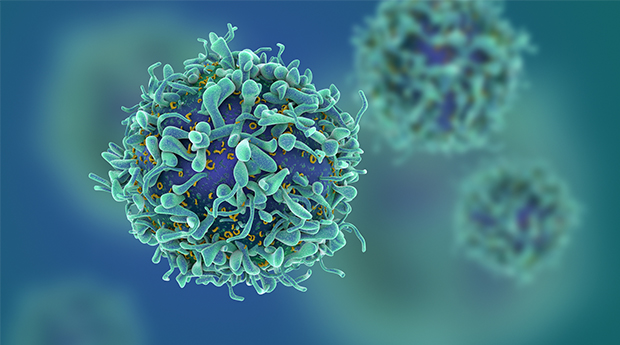AstraZeneca received a double boost for its oncology portfolio on Tuesday, after US and European regulators accepted regulatory submissions for its drugs, the first step towards winning approval for these medicines.
The Anglo-Swedish drugmaker, and MedImmune, its global biologics research and development arm, announced that the US Food and Drug Administration (FDA) had accepted the licence application for moxetumomab pasudotox, a potential new medicine for the treatment of adult patients with hairy cell leukaemia (HCL) who have received at least two previous lines of treatment.
The FDA has awarded the drug “priority review” status, which is granted to medicines that, if approved, would offer a significant improvement in the treatment, diagnosis, or prevention of serious conditions. A decision is expected in the third quarter of this year.
Separately, the European Medicines Agency accepted a regulatory submission for Lynparza, a drug which AstraZeneca now co-owns in a 50:50 partnership with Merck, the US drug company, to treat breast cancer that spread elsewhere in the body for patients with a particular genetic mutation.
If approved, the drug would become the first PARP inhibitor for the treatment of breast cancer in Europe. PARP is a protein found in human cells which helps those cells to repair themselves when damaged. By halting this repair process in cancer cells, PARP inhibitors help the cell to die.
Lynparza in January became the first PARP inhibitor approved anywhere in the world for breast cancer, when it won the go-ahead from US regulators.
In the latest trial, Lynparza significantly prolonged progression-free survival compared with chemotherapy and reduced the risk of disease progression or death by 42 per cent.
In 2017 a fifth of Astra’s product sales were from oncology and the company expects this proportion to rise. Shares in the group closed up 0.6 per cent at £49.26.
In a separate development, Compugen, an Israeli pharma company, said it had entered into an exclusive licence agreement with MedImmune that would enable the development of antibody products to treat cancer.
MedImmune has the right to create multiple products under the licence “and will be solely responsible for all research, development and commercial activities under the agreement”, Compugen said.
The Israeli company will receive a $10m upfront payment and is eligible to receive up to $200m in development, regulatory and commercial milestones for the first product, as well as royalties on future product sales.
Anat Cohen-Dayag, Compugen chief executive, said the deal “allows us to monetise specific scientific advances in our programmes, while we continue to advance our lead programmes into clinical trials”.
Post time: Apr-23-2018

